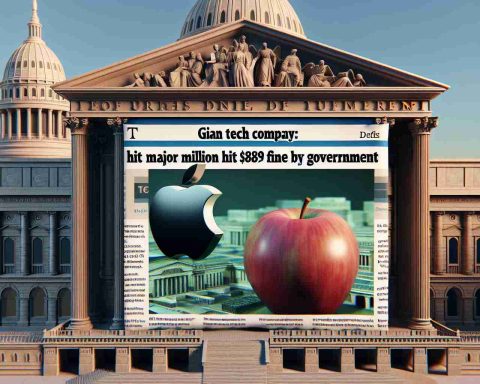A substantial transaction on Polymarket, a prediction market, temporarily altered the odds for the upcoming 2024 Presidential Election. An individual made a remarkable investment by purchasing over $4.5 million in contracts concerning Donald Trump’s potential victory, resulting in a fleeting spike where odds reached 99%. This occurrence starkly contrasted with the prevailing market odds of about 63%, illuminating how significant trades can influence price dynamics on these platforms.
The account responsible for this phenomenon invested more than $3 million in a short span. The mechanics of the Polymarket order book contributed to this unusual situation, where part of the investment—amounting to $275,000—was executed at an inflated 99% likelihood, far exceeding the actual odds at that moment.
Other segments of the investment were considerably lower, with trades ranging from 65.9 cents to 62.7 cents for various portions.
Polymarket operates on a blockchain system where the price of shares reflects participants’ beliefs about future events. This decentralized structure allows for immediate price adjustments following trades, where significant purchases can create momentary anomalies in perceived probabilities.
Currently, Polymarket sees Trump at a leading 63% chance of winning, while Kamala Harris follows with a 36% likelihood, based on over $2.2 billion in trades within this specific market.
Trump Contract Surge Causes Betting Odds Fluctuation: New Insights and Implications
The political betting landscape has recently captured public attention following a staggering surge in contracts related to Donald Trump’s candidacy for the 2024 Presidential Election. This upheaval on prediction markets like Polymarket not only influenced odds but also raised several important questions about the implications of such fluctuations.
What caused the surge?
The notable $4.5 million investment in Trump victory contracts was not just an isolated incident. Analysts suggest that the surge may have been fueled by strategic timing, possibly linked to recent political developments, such as legislative achievements or Trump’s media presence. Additionally, the upcoming Republican primaries are likely contributing to heightened speculation around Trump’s candidacy, attracting both seasoned and novice bettors to the market.
Key Questions Surrounding the Situation
1. How reliable are prediction markets in determining election outcomes?
Prediction markets can provide insights into public sentiment regarding candidates; however, they are not always accurate predictors of actual electoral results. They reflect trader behavior, which can be influenced by transient events and emotional responses rather than solid political analysis.
2. What is the role of social media in shaping these betting odds?
Social media platforms significantly impact public opinion and can sway bettors’ perceptions about candidates. The rapid dissemination of information—or misinformation—through these channels can lead to sudden shifts in market behavior.
3. Are there ethical concerns regarding large investments in prediction markets?
The influx of substantial capital in prediction markets raises questions about market manipulation and fairness. Large bets can distort the perceived odds, potentially misleading smaller investors who may not have access to the same level of information or resources.
Key Challenges and Controversies
Among the foremost challenges is the volatility inherent in prediction markets. The recent spike in Trump’s odds exemplifies how a single transaction can dramatically alter perceived probabilities. Moreover, regulatory scrutiny surrounding these markets is increasing, as authorities seek to understand their impact on political discourse and betting practices.
Another point of contention is the potential for large investors to exert undue influence on market dynamics, which can stifle smaller bettors’ opportunities and skew trends based on a narrow set of transactions rather than broad public sentiment.
Advantages and Disadvantages of Betting Markets
Advantages:
– Real-time sentiment analysis: Prediction markets offer a snapshot of public opinion, which can be more immediate than polls.
– Engagement and participation: Such platforms encourage civic engagement by enabling individuals to participate in the political process financially.
Disadvantages:
– Market manipulation risk: Large bets can create artificial price changes, misleading other traders.
– Limited predictability: Fluctuations can be so extreme that they fail to represent the actual likelihood of political events occurring.
For those interested in exploring prediction markets and their implications further, resources can be found at Polymarket and Betfair.
As the 2024 Presidential Election approaches, the evolution of betting odds and contracts related to political candidates like Trump will undoubtedly continue to evolve, reflecting both market intricacies and broader societal sentiments. Understanding these dynamics will be crucial for investors and observers alike.














